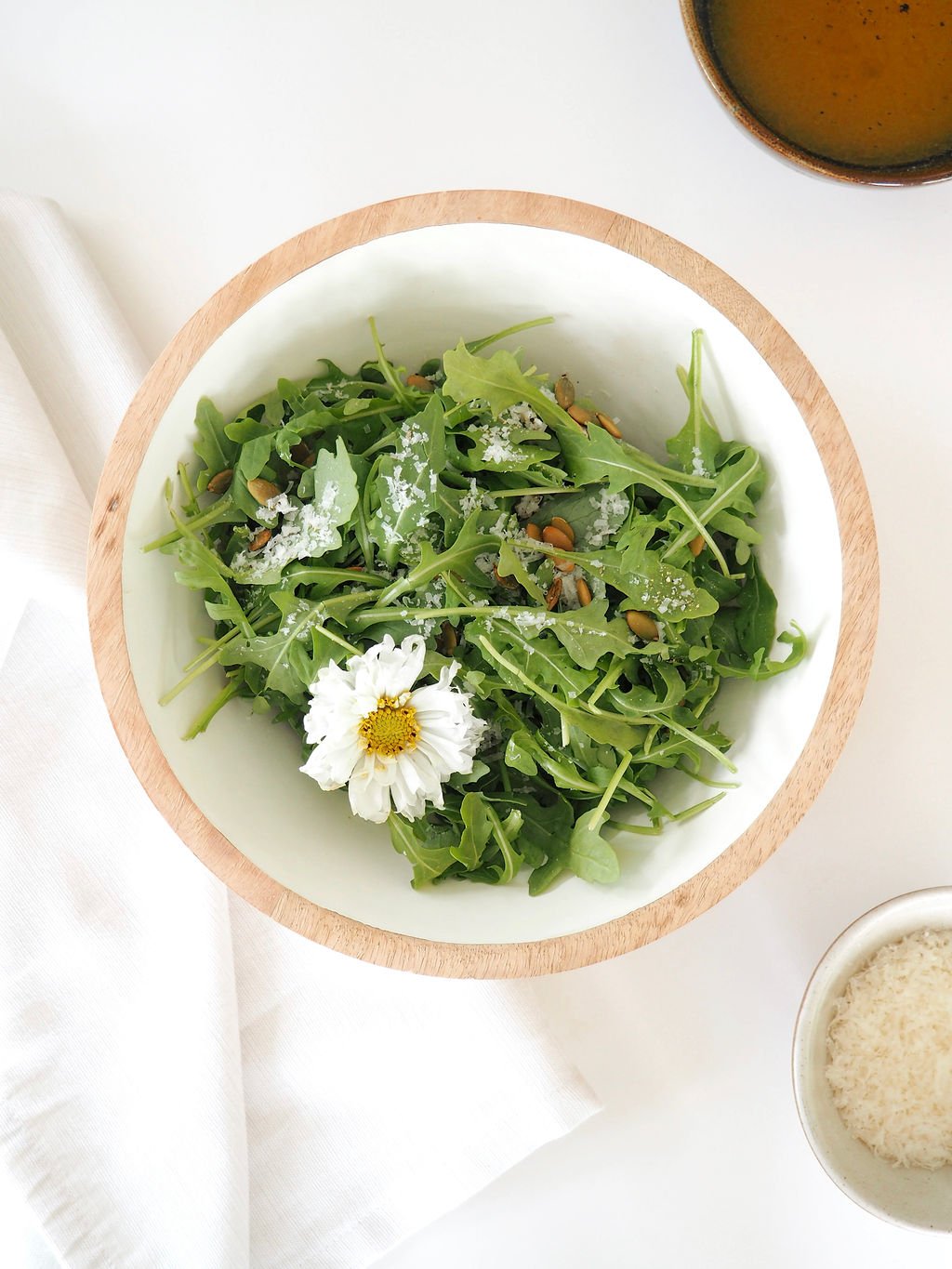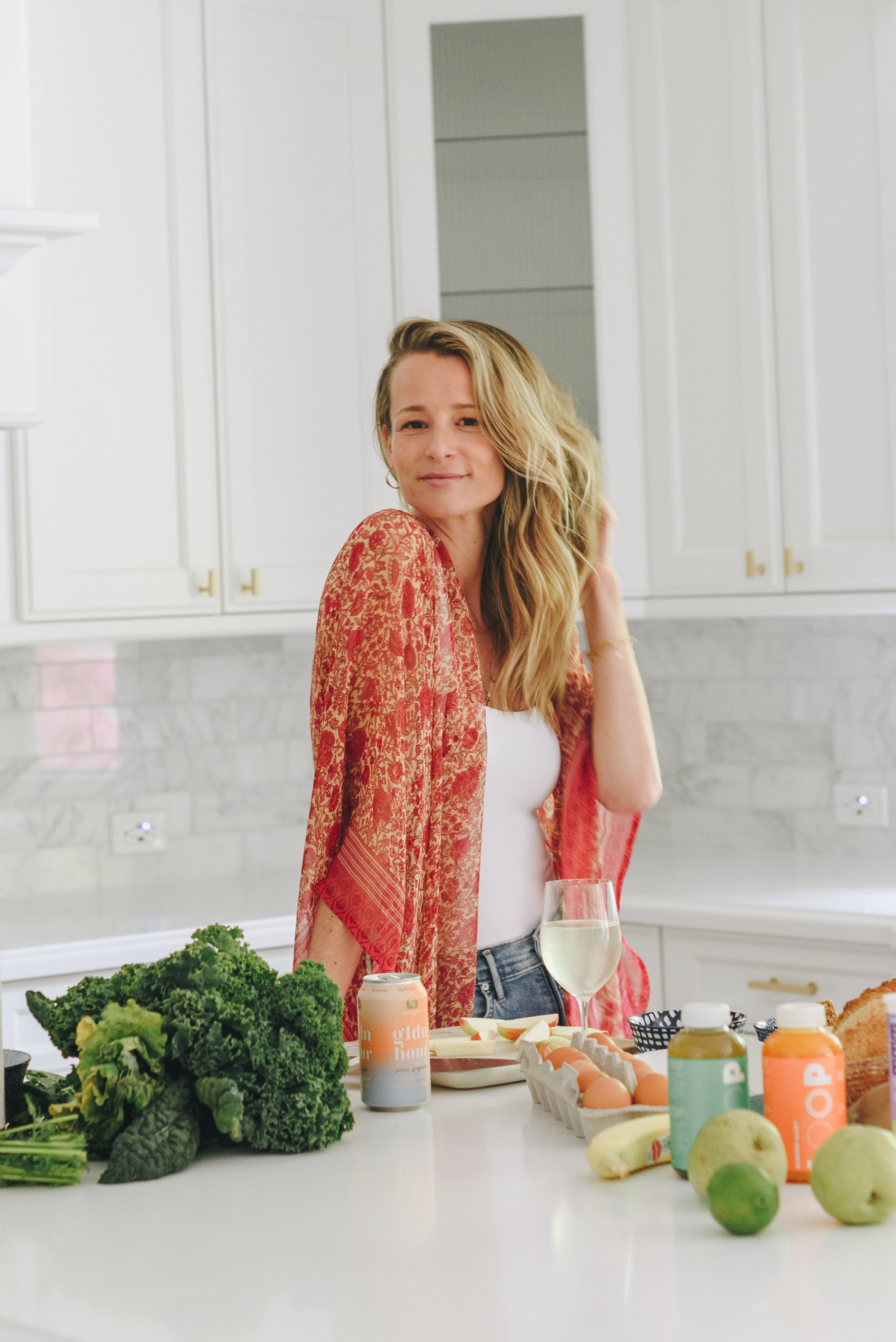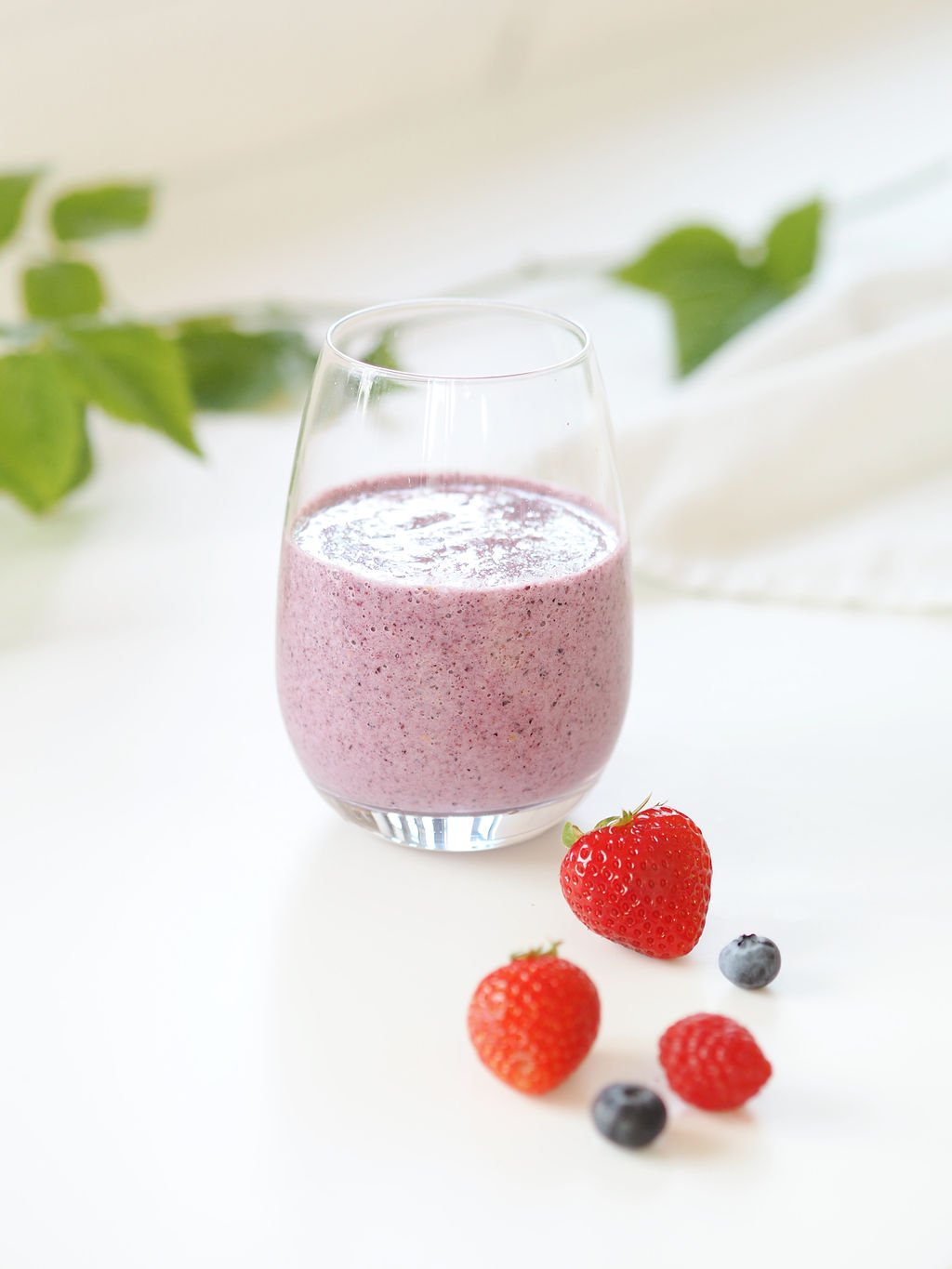Intuitive Eating with Raw Beauty Co.
Before we get started I want to flag this conversation with a trigger warning for anyone who may struggle with an eating disorder or have an unhealthy relationship with food.
Today I am bringing in friend and expert, Erin Treloar, to discuss what some are calling the new Buzz word for health in wellness, that is, Intuitive Eating. I started hearing about intuitive eating a couple years ago and to me, it seemed like bogus. You see I’ve had a bit of an unhealthy relationship with food and my body off and on since I was a young teenager. For years I struggled with fad diets, over eating, under eating, but more than anything the emotional turmoil and shame that come along with that very unhealthy cycle. So intuitive eating for someone like me felt like one way to lose the little control I did have over my “healthy eating” habits.
I feel fortunate that I was able to work through many of these problematic perspectives over years of help, education, open conversations and never giving up on myself. The greatest lesson I have learned through my own self love journey and gaining a better relationship with food is that it has nothing to do with control or perfection and everything to do with shifting my mind set. Of course from time to time, I still struggle to love and accept my body as it is but the goal isn’t perfection, instead growing to love and accept myself more and more every day.
Because of this shift in my own mentality, I’ve been able to have an incredibly healthy relationship with food the last few year. I enjoy food, I occasionally have a cocktail or two, I exercise a moderate amount and I don’t beat myself up for enjoying my life. I’m no expert in intuitive eating but it feels as though I’m personally in the perfect place to learn more about intuitive eating and how I can consider applying it to my life.
My interview with Erin
Susie: Hi Erin, tell us a little bit about yourself and what got you started on your wellness journey.
Erin: My name is Erin Treloar and I’m a health and wellness coach from Vancouver, BC.
As a teen and young adult, I struggled with an eating disorder and, for as long as I can remember, I’ve experienced anxiety.
I launched my brand, Raw Beauty Co. in 2014 as an interview series featuring women without makeup, filters, and photo editing. Despite starting the platform as a way of helping myself, I was amazed by the reaction it received from people around the world.
Looking to make a bigger impact, I became a coach and now offer courses and 1:1 coaching rooted in intuitive eating (my clients will never go on a diet with me!), mindfulness, movement, and self-love — all with the goal of helping women find freedom from disordered eating, negative body image, and anxiety.
Aside from my work, I’m a mother of two and a lover of matcha lattes, deep conversations, and ocean swims. Oh, and I’ve been told I’m a bit of a wildcard on the dance floor!
I recently took your Intro to Meditation workshop and absolutely loved it! It really opened my eyes to how powerful our minds are and that it can physically shift the way I feel in as little as 5 minutes for me. What purpose does meditation have in the world of wellness and nourishing our body/mind?
Meditation has been around for centuries, but only in the last few decades has science been able to show the positive impact it has on our health.
You can think of meditation like personal training for the mind; it can change the structure of the brain by turning off areas that stimulate stress and anxiety, while activating areas that allow us to thrive.
While health and wellness has typically been centered around food and exercise, I believe that meditation is one of the most potent practices available to us; it’s even been proven to be as effective as medication in reducing symptoms of anxiety!
As I head into the new year I am working to bring habits that truly serve me into 2023. Do you feel that intuitive eating is something that everyone can benefit from or is it for a specific group of people?
Yes, intuitive eating is something that everyone can benefit from!
Each of us have been intuitive eaters at some point in our lives - usually when we were children before subtle (or not so subtle) cues about when, what and how to eat started to seep in. While the definition of intuitive eating can be nuanced, it’s really about being on the same team as your body and using your innate hunger and fullness signals to help guide your eating choices.
I love it because as you practice it, it starts to feel more natural and you don’t have to spend as much time thinking about food and can instead think about other things. Plus, it lets you skip the crash diets which don’t work long term.
Right now, I have a healthy relationship with food, but at previous times in my life that was not my reality. Is that something I would need to have under control before starting intuitive eating or is intuitive eating a way to develop a healthier relationship with food?
Nearly every woman I work with has had a difficult relationship with food; many experience disordered eating habits, but not necessarily eating disorders.
If you’re struggling with an eating disorder like anorexia or bulimia, it’s crucial that you connect with a trained professional who specializes in this area. Don’t worry, you can still work towards intuitive eating further down the road!
How do you deal with weight gain/body changes when you adopt intuitive eating habits?
It’s impossible to know how your body will react to a new pattern of eating, which can feel unsettling at the beginning. To get started, I always encourage people to hide their scales and focus on how they feel in their bodies versus how they look. When you feel good on the inside, that feeling radiates outwards.
Here are a few tips for those days when you’re struggling with your body image:
Monitor your self-talk; speak to yourself like you would speak to a close friend.
Get outside into nature if you can.
Move your body to circulate feel-good hormones. You don’t have to go crazy at the gym. Walking, yoga, dancing or even stretching are all good options to start.
Take time away from consuming media (especially social media). Do a social media detox and unfollow accounts that promote unrealistic body ideals.
Wear comfortable clothing.
Schedule in some self-care; I’ve noticed that a lot of people struggle with body image when they’re exhausted, haven’t been moving their bodies, or are stressed.
Is intuitive eating the newest take on fad diets?
No, intuitive eating isn’t a diet. In fact, intuitive eating actually rejects diet mentality and diet culture altogether.
The reality is that 98% of diets fail and 70% of people who diet actually end up regaining their weight — plus more. Diets are out, intuitive eating is in!
How to listen better to your hungry cues?
True hunger is demonstrated through physical signs from the body.
Signs of hunger include a growling tummy, foggy thinking, thoughts about food, increased saliva, headaches, cold hands and feet, or a change in mood.
If you’re not experiencing any of those symptoms, try asking yourself, “what am I hungry for that can’t be solved in the fridge or the kitchen?” Then, notice how you’re feeling. Are you hungry for rest? Connection? Love? And can you nourish yourself and your needs without using food?
How do I stop overeating?
First of all, we all overeat from time to time but when it starts to feel out of control there are two main ways to reduce overeating.
Believe it or not, one of the number one ways is to actually stop restricting foods; the rules and rigidity around food is what results in us overeating when we finally get the chance to eat what we want.
Another way is to ensure that you’re eating meals and snacks every 3-4 hours. This ensures that your blood sugar levels remain stable, and you never get to a place of feeling like you’re starving; if you’re already at an 8/10 hunger level, your body is going to be in survival mode, which makes it much more difficult to make rational choices about the food you're consuming.
Imagine a swinging pendulum. The more you restrict your intake or have long periods between eating the more likely the pendulum is to swing in the other direction. Hello, overeating, binging and feeling out of control around food.
How to deal with the emotional distress after a binge?
If you’re struggling with binge eating, my heart goes out to you.
I’ve been there, and I want you to know that it isn’t your fault. Binging isn’t happening because you’re not disciplined enough, or because you’re broken. Rather, it’s a coping mechanism for big emotions that lay under the surface.
My advice is to reach out to a professional for help. It will get better, and you can heal from this.
Where do I even start?
There are two ways to get started with intuitive eating.
I have a free training called 5 Steps to End the Battle with Food and Your Body. If you want to put an end to emotional eating and free your mind from constant thoughts about food, this is for you. You can sign up here.
I’m also hosting an 8-week program called The Raw Beauty Reset, which starts January 31. Designed to take you back to the fundamentals of wellness for your unique body, this course teaches you how to eat intuitively, create healthy habits, and build an empowering mindset that supports long-term, holistic health. Together, we’ll focus on four pillars: nourishment, movement, mindset, and self-love. You can sign up here.
I loved learning from Erin in order to put out this blog post. I am personally enrolling in her Raw Beauty Reset and want to encourage you to join me!
Lets inspire each other.
My goal is to create a space where we can connect, share stories, make new friends, find advice and grow together.









